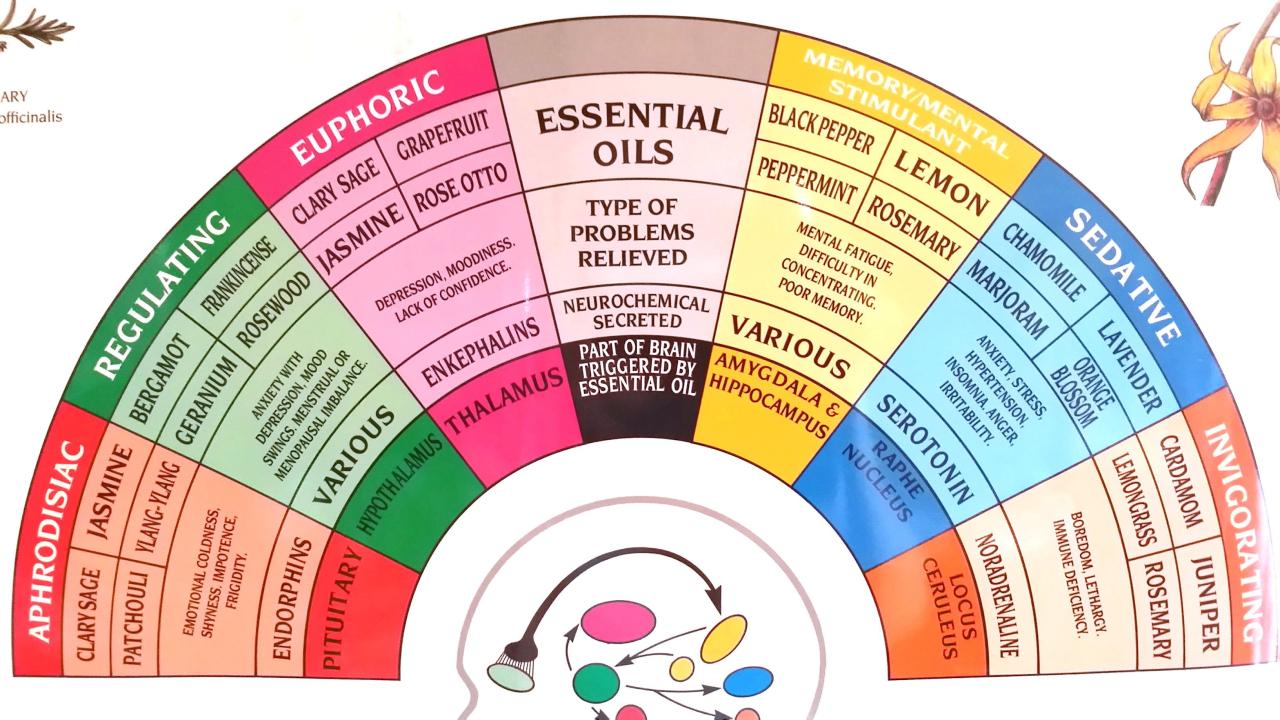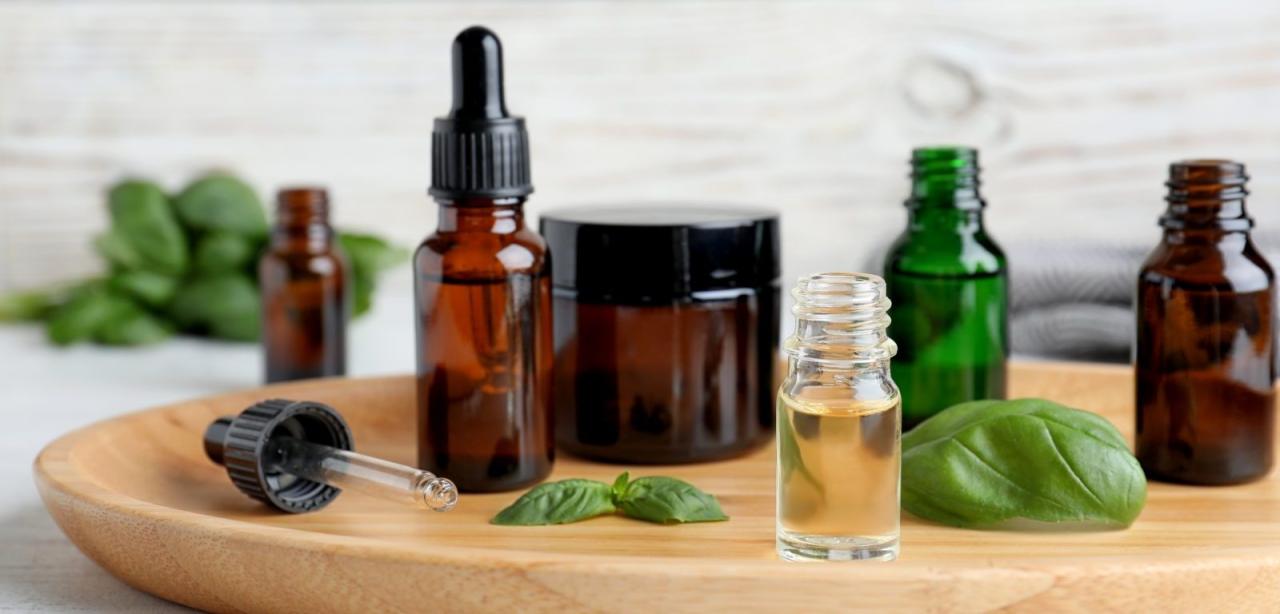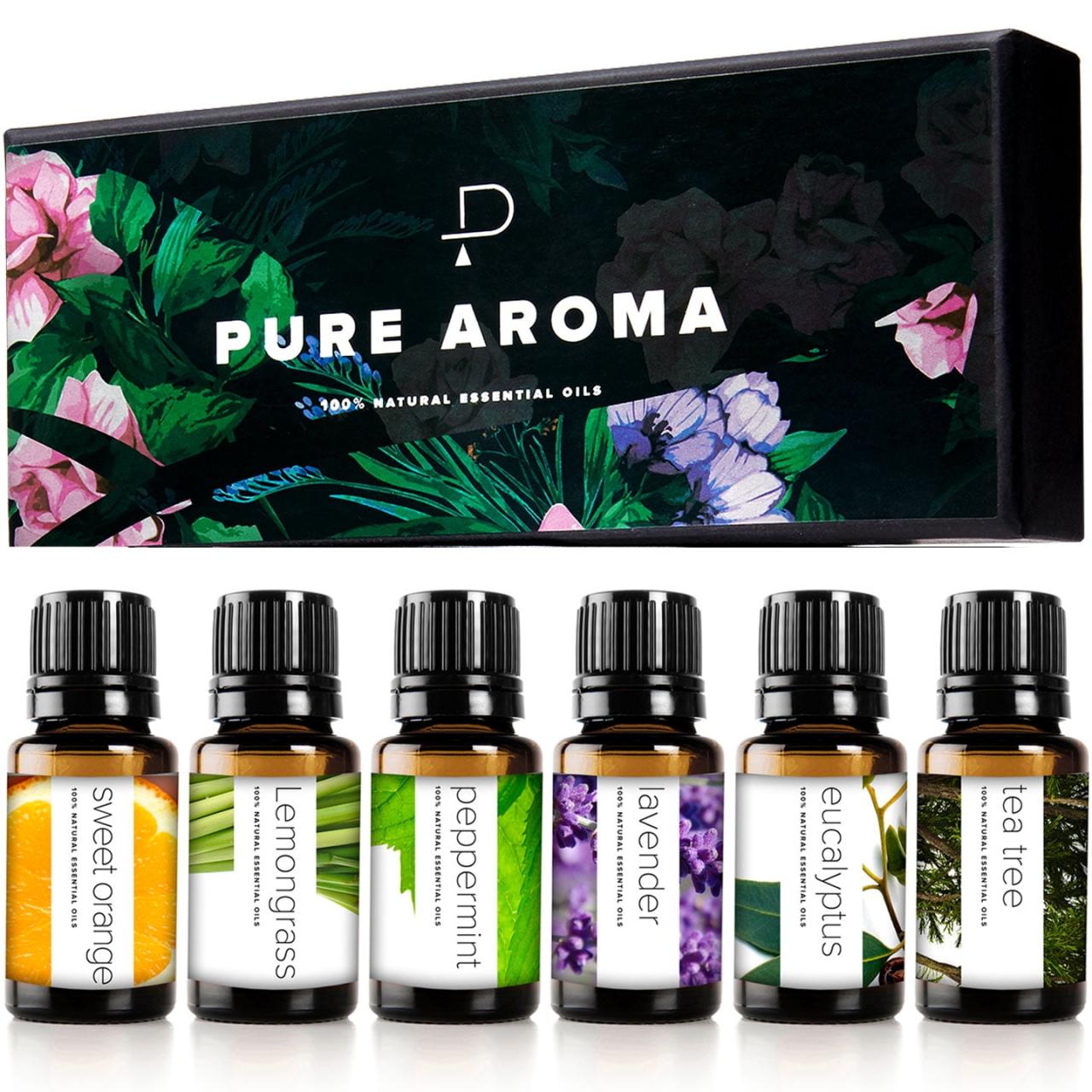In the realm of aromatherapy, scents transcend mere olfactory experiences, becoming powerful tools for well-being. Discover the captivating world of aromatherapy scents, where nature’s fragrant essences unveil their therapeutic potential, inviting you on a journey of relaxation, stress relief, and mood enhancement.
Expand on the introduction with additional descriptive and informative sentences to provide a comprehensive overview of the topic.
Benefits of Aromatherapy Scents
Aromatherapy, the practice of using essential oils for therapeutic purposes, has gained significant recognition for its potential to alleviate various ailments and promote well-being. Aromatherapy scents, when inhaled, interact with the olfactory system, triggering responses in the brain that can influence our physical, emotional, and cognitive states.
Research has demonstrated that specific scents can effectively reduce stress, promote relaxation, and improve mood. These effects are attributed to the ability of essential oils to activate the parasympathetic nervous system, which is responsible for inducing a state of calm and relaxation.
Additionally, aromatherapy scents can stimulate the release of neurotransmitters such as serotonin and dopamine, which are associated with feelings of well-being and happiness.
Stress Relief
Stress is a common ailment that can have detrimental effects on both physical and mental health. Aromatherapy scents have been found to be effective in reducing stress levels and promoting relaxation. Studies have shown that inhaling scents such as lavender, chamomile, and bergamot can significantly reduce anxiety and stress responses, as measured by physiological indicators such as heart rate and blood pressure.
Relaxation
Aromatherapy scents can also promote relaxation and improve sleep quality. Scents such as lavender, ylang-ylang, and valerian root have sedative effects that can help to induce relaxation and reduce insomnia. These scents have been shown to reduce the time it takes to fall asleep and improve the overall quality of sleep.
Mood Enhancement
Aromatherapy scents have also been found to have mood-enhancing effects. Scents such as citrus, peppermint, and rosemary have stimulating and uplifting properties that can help to improve mood and reduce feelings of depression. These scents can also increase alertness and concentration.
Popular Aromatherapy Scents and Their Uses
Aromatherapy is a holistic practice that uses essential oils to promote physical and emotional well-being. Various scents offer unique therapeutic properties, making them popular choices for relaxation, sleep, focus, and other purposes.
Citrus Scents
- Lemon:Uplifting, energizing, and refreshing. Helps reduce stress, boost mood, and improve concentration.
- Orange:Calming, soothing, and promotes relaxation. Can reduce anxiety, improve sleep, and relieve muscle tension.
- Grapefruit:Invigorating, uplifting, and helps boost energy levels. Can also aid in weight loss and reduce cravings.
Floral Scents
- Lavender:Calming, relaxing, and promotes restful sleep. Can also reduce anxiety, headaches, and muscle pain.
- Rose:Uplifting, soothing, and helps balance emotions. Can reduce stress, anxiety, and depression.
- Jasmine:Relaxing, sensual, and promotes a sense of well-being. Can help reduce anxiety, insomnia, and headaches.
Woodsy Scents
- Cedarwood:Grounding, calming, and promotes relaxation. Can help reduce stress, anxiety, and improve sleep.
- Sandalwood:Calming, soothing, and promotes spiritual awareness. Can help reduce stress, anxiety, and depression.
- Frankincense:Grounding, uplifting, and promotes emotional balance. Can help reduce stress, anxiety, and inflammation.
Herbal Scents
- Rosemary:Invigorating, stimulating, and improves focus. Can help boost energy levels, improve memory, and reduce stress.
- Peppermint:Invigorating, refreshing, and promotes alertness. Can help reduce headaches, improve digestion, and boost energy levels.
- Eucalyptus:Invigorating, decongestant, and promotes clear breathing. Can help reduce headaches, improve respiratory function, and reduce stress.
DIY Aromatherapy Blends

Crafting your own aromatherapy blends allows for customization and experimentation to suit your specific needs. Essential oils, the concentrated extracts from plants, are potent and must be diluted safely for topical or inhalation use.
To create your blend, you’ll need:
- Essential oils of your choice
- Carrier oil (such as jojoba, coconut, or almond oil) or rubbing alcohol (for inhalation blends)
- Glass dropper bottle or spray bottle
Dilution Guidelines
Essential oils are highly concentrated and can cause skin irritation or other adverse effects if used undiluted. Follow these guidelines for safe dilution:
- For topical use: Dilute 2-5 drops of essential oil in 1 teaspoon of carrier oil.
- For inhalation blends: Dilute 10-15 drops of essential oil in 1 ounce of rubbing alcohol.
Custom Blend Recipes
Here are some popular aromatherapy blend recipes tailored to specific needs:
- Stress Relief:Lavender, chamomile, and ylang-ylang
- Energy Boost:Peppermint, rosemary, and lemon
- Sleep Enhancement:Valerian root, lavender, and marjoram
Aromatherapy Diffusers and Other Delivery Methods
Aromatherapy diffusers are devices used to disperse essential oils into the air, allowing their therapeutic benefits to be inhaled. Various types of diffusers are available, each with its unique mechanism and advantages.
Ultrasonic Diffusers
- Pros:Quiet operation, consistent mist output, and affordable price point.
- Cons:May not be suitable for large spaces, and some models may produce a visible mist.
Nebulizing Diffusers
- Pros:Produces a fine mist that effectively disperses essential oils, preserving their therapeutic properties.
- Cons:Can be noisy and more expensive than other types of diffusers.
Heat Diffusers
- Pros:Simple to use and can provide a warming effect to the room.
- Cons:May alter the chemical composition of essential oils due to heat, and can be a fire hazard if not used properly.
When using diffusers, it is important to follow the manufacturer’s instructions carefully. Place the diffuser in a well-ventilated area and avoid overusing it. Additionally, consider the size of the space you want to diffuse and the desired intensity of the aroma.
Precautions and Safety Considerations

While aromatherapy scents can provide numerous benefits, it’s essential to be aware of potential risks and precautions associated with their use.
To ensure a safe and enjoyable aromatherapy experience, consider the following guidelines:
Essential Oil Purity
- Always use pure essential oils extracted from natural plant sources.
- Avoid synthetic fragrances, as they may contain harmful chemicals.
- Look for essential oils that are certified organic or therapeutic grade.
Dosage Recommendations
- Follow recommended dosages for each essential oil.
- Start with a low concentration and gradually increase as needed.
- Never ingest essential oils, as they can be toxic.
Contraindications
- Some essential oils may be contraindicated for certain individuals, such as pregnant women, children, or those with specific health conditions.
- Consult a healthcare professional before using essential oils if you have any concerns.
- Certain essential oils, like peppermint and rosemary, should be avoided by those with epilepsy or high blood pressure.
Skin Sensitivity
- Dilute essential oils with a carrier oil, such as jojoba or almond oil, before applying them to the skin.
- Test a small area of skin first to check for any allergic reactions.
- Avoid using essential oils on broken or irritated skin.
Final Review

Summarize the key points discussed throughout the article, emphasizing the transformative power of aromatherapy scents. Conclude with a thought-provoking statement that leaves a lasting impression on the reader.